ORIGINAL RESEARCH
Published on 26 Jul 2022
Defining Patient-Level Molecular Heterogeneity in Psoriasis Vulgaris Based on Single-Cell Transcriptomics
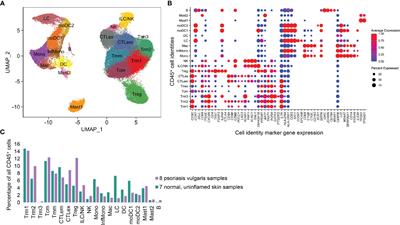
doi 10.3389/fimmu.2022.842651
- 3,922 views
- 12 citations
47k
Total downloads
136k
Total views and downloads
Select the journal/section where you want your idea to be submitted:
ORIGINAL RESEARCH
Published on 26 Jul 2022

EDITORIAL
Published on 22 Jun 2022
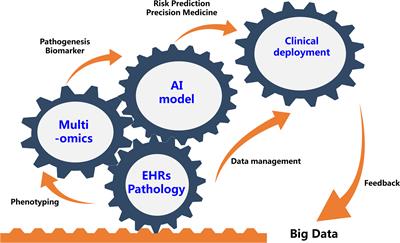
ORIGINAL RESEARCH
Published on 13 May 2022
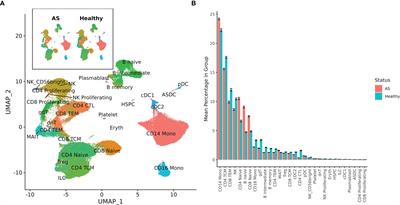
MINI REVIEW
Published on 28 Apr 2022
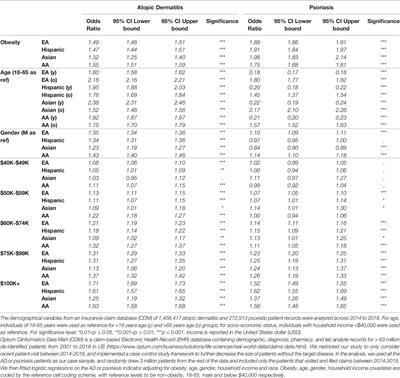
ORIGINAL RESEARCH
Published on 20 Apr 2022
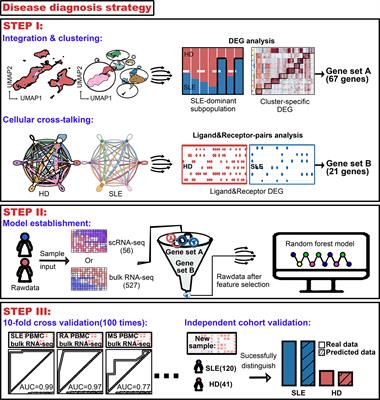
ORIGINAL RESEARCH
Published on 04 Apr 2022
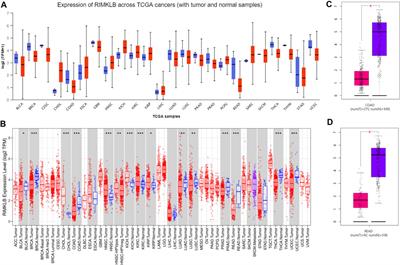
ORIGINAL RESEARCH
Published on 17 Mar 2022
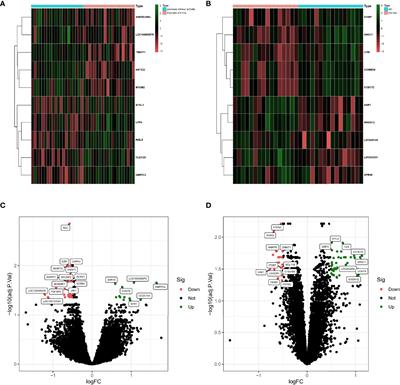
ORIGINAL RESEARCH
Published on 15 Mar 2022
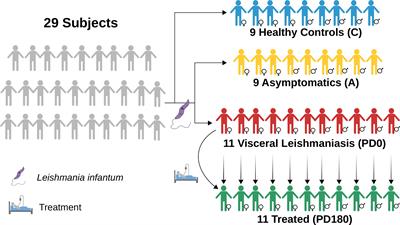
ORIGINAL RESEARCH
Published on 02 Mar 2022

ORIGINAL RESEARCH
Published on 27 Jan 2022
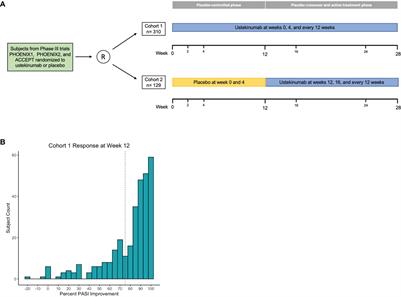
ORIGINAL RESEARCH
Published on 21 Dec 2021
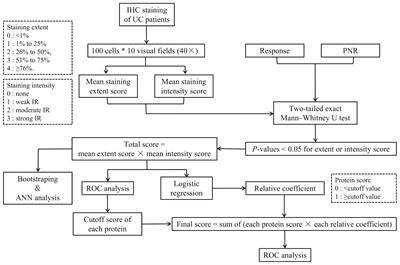
ORIGINAL RESEARCH
Published on 19 Nov 2021
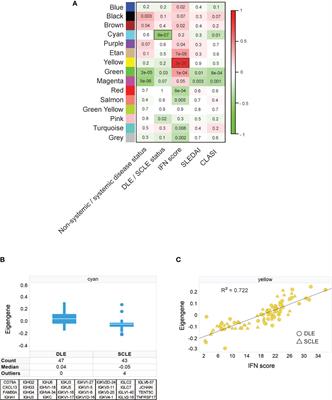

Frontiers in Genetics